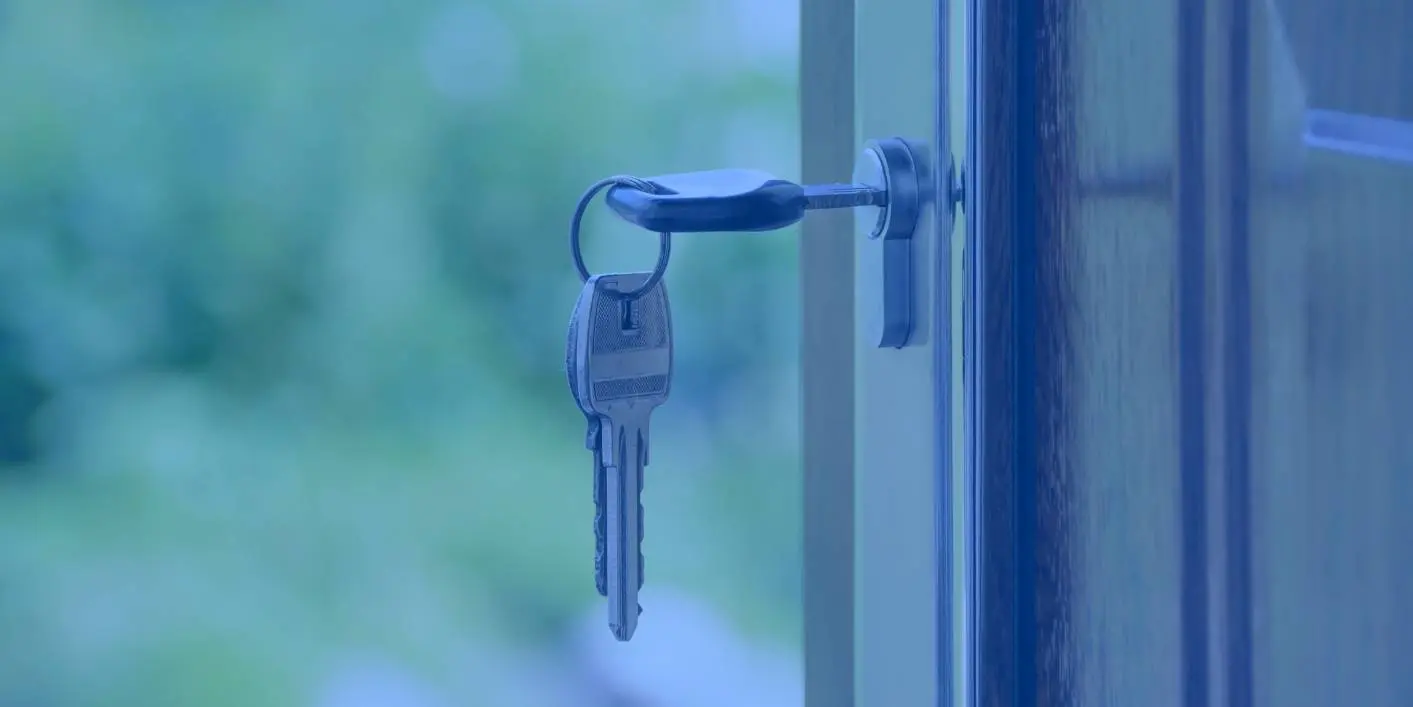It is common for a tenant and a landlord to have a disagreement while renting or moving out. In this article, you will learn how to handle these disputes and what steps to take.
Steps towards a case
Disputes regarding tenancies are not processed at the Danish courts at first as “traditional” cases are, but at the Danish Rent Committee – or at the Housing Court, if the dispute is regarding the termination or repeal of the lease. This means that you can sue your landlord after you have moved out, or even while you are still living in the tenancy, but you must do so in a different way than usual.
If you and your landlord cannot agree on anything, a series of steps must be taken. The first step is to determine whether or not there is a tenant organisation in the building where you live.
You may also like: Can a landlord evict you?
Become legally secure in your tenancy for 149 kroner.
Are you afraid of being cheated or have you already experienced it?
If you can become a member of DIGURA’s Membership, you can get help with all your questions and tenancy issues. You can feel secure in your tenancy for only 149 dkk per month.
- Legal advice via hotline
- Help to termination
- Rent check when needed
- Continuous check of your lease
- And much more..
1. Object to the landlord’s unjust claims
The first step is to notify your landlord that you disagree with the claim made by the landlord. Get the objection in writing to ensure that you have documentation, as proof of an objection may be required in some cases. It could be via email, text, or a recommended letter. It is also a good idea to ask the landlord to confirm that he or she received the text or e-mail, as you will only have proof of the landlord receiving the objection if you send a recommended letter.
OR: 1. Reach out to the group of representing tenants
The first step is to reach out to a group of tenants who represent the rest of the tenants in the building. It is then the responsibility of the groups to contact the landlord and represent the tenants in cases where there is a disagreement between the tenant and the landlord.
You may also like: Is a tenant liable for damage?
2. Send a complaint to the Danish Rent Committee
If you and your landlord are unable to reach an agreement, the next step is to file a written complaint with the Danish Rent Committee. In every municipality in Denmark, there is a Rent Committee. In 2019, the application fee is 312 DKK. The written complaint must include all necessary documentation of the dispute between you and your landlord, such as correspondence demonstrating the problem.
3. Housing Court
If either you or your landlord does not agree with the verdict at Danish Rent Committee, the case can be appealed to the Housing court. The case needs to be brought before the Housing Court within four weeks of the verdict from the Danish Rent Committee, or else the verdict is final.
The Housing Court also takes the cases, that the Danish Rent Committee is not able to pursue. Including are cases about disputes regarding the termination or repeal of the lease.
To bring a case before the Housing Court, one part has to send a subpoena to the other part. After documents have been send between the parts, the case will end at a trial in the Housing Court. If the parts do not agree with the verdict from the Housing court, the case can be appealed to one of the two High Courts placed in Denmark.
You may also like: Can my landlord demand that I move out 14 days before termination?
Why should you get help from DIGURA?
Every month, we help thousands of tenants both via our membership solution and our case processing. When we process the cases, we achieve a positive result for the tenants in 98% of the cases. We are here to help you who are potentially being deceived by your landlord, and you who actually want to keep the money you are entitled to.
- Free assessment of case
- Risk free and no hassle
- No Cure No Pay
Keep it civil
Even if you disagree with your landlord, it is always best to maintain a civil tone, no matter how unjust you believe the landlord is. Many landlord-tenant disputes are the result of misunderstandings that can be resolved by communicating.
Begin the conversation in a friendly manner rather than by listing all of the paragraphs in Danish law that state that you are correct. This way, you can ensure that it remains civil.
Get legal advice and avoid being deceived
The above is to be seen as a general guidance. We always recommend that you contact us to ensure that you get the proper necessary legal advice that is relevant for your specific case.
You can get help with this problem but also any other matters you may have. Unfortunately, we see many tenants that are being deceived. Often, they miss out on a lot of money – anything from a couple thousands to 30-40,000 DKK. Imagine what else you could spend the money on.
Let us help you
At DIGURA we are always available and easy to reach, you have your own legal advisor, and best of all, you only pay if we win your case. Therefore, it is risk free for you to get help from us.
If you need legal advice, you can get your case assessed below. It is free and our competent legal team will make a non-committal assessment of your case.











